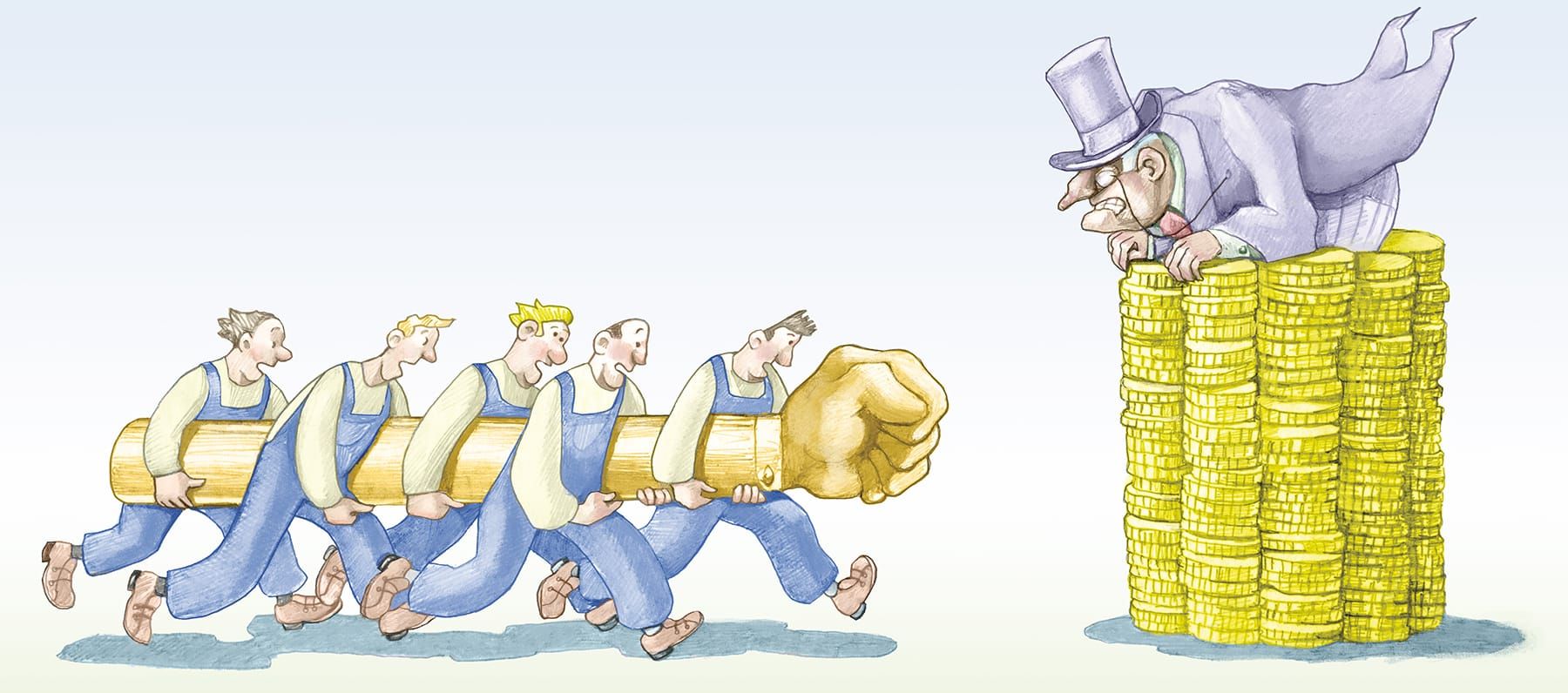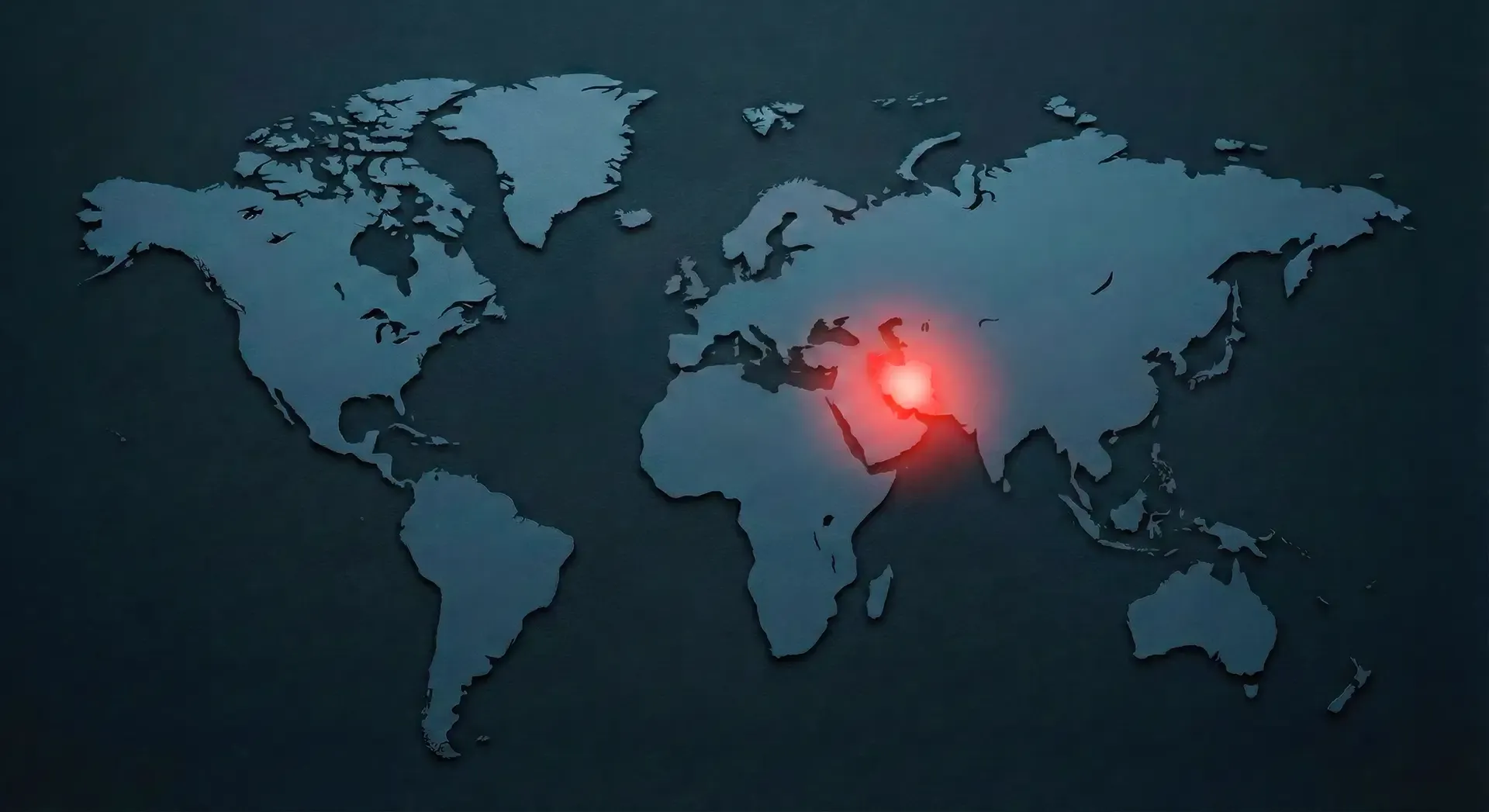What Happens When You Try to Explain Human Progress in Terms of Class Struggle?

The Bible teaches that God created a wonderful universe. It was so wonderful that He looked back and said, “Behold it is very good.” Human freedom, however, and the free agency of Lucifer, messed things up. Lucifer rebelled against God, and our first parents followed suit. The result was a fallen universe, where sin and death are now reigning supreme. However, an almighty and loving God, Blessed Father, Son, and Holy Spirit, was not content to leave man and the entire universe moaning and groaning in pain. God, therefore, sent His only begotten Son to redeem individuals. One day redemption will extend to the entire universe.
Marx and Engels, the founders of communistic thought, however, had another way of explaining things—one that glorified revolution, class struggle, and stigmatized private property—an explanation that completely left God out of the picture. They said that from the earliest times the mode of human development was wrapped up in the mode of production and the means of the distribution of goods. This consequently produced two basic classes of people: those who owned the means of production and thereby became exploiters, and those who owned nothing and therefore had to sell or trade their physical labor in order to survive.
The element of conflict between these two groups was identified by Marx and Engels as the basic force in history which has prompted the evolution of society toward ever-ascending levels of achievement. In this system, the exploiters were the successful businessmen, the entrepreneurs, the rich people. Those who owned nothing needed their needs met by an all-beneficent central government, the man-made deity who would allow competition with no other but who promised to solve every problem. All opposition to this central government must be removed first, by the destruction of the middle class, and secondly by the destruction of religion.
Consequently, the history of humanity is the history of class struggle. Freeman and slave, patrician and plebian, lord and servant, guildmaster and journeyman, i.e., the oppressor and oppressed, stood in constant opposition to one another. They carried on a never-ending struggle that either led to a new society that emerged through revolution, or the common ruin and poverty of the contending classes.
Here again, the founders of communism, were applying the principles of dialectics. All past societies have been a combination of opposing forces or classes—the exploiters and the exploited. The continual clash between them has always generated the dynamic force which has propelled society into some new level of development. The transition periods were often accompanied by revolution, violence, and struggle.
Must the course of human events always follow this never-ending cycle of clashes between the two opposing classes of society? Must there always be a revolution to produce new orders which in turn are destroyed by revolution to produce others?
Marx and Engels visualized a day when there would be unity among men instead of opposition, peace instead of war. Such a hope, of course, violated their own theory of dialectics which denies that nature and society can ever be at rest.
But Marx and Engels reasoned that since they had discovered the inexorable law of history with its self-improving mechanism of class struggle, they would use one final, terrible class struggle for the purpose of permanently eliminating the thing which had caused all past conflicts in society. What is the one thing, the one feature that has caused selfishness, jealousy, class struggle and war? Marx and Engels thought that all of these problems could be traced to one root—private property. It would mean that the abolition of private property would solve all of man’s problems. It would usher in a marvelous Utopia, the joy of men’s hearts. A society of ultimate perfection and glory.
This idea is, at root, the basic idea that separates the radical left in today’s political arena, and the traditionalists. The radical left sees the rich as possessing the venom of the ages—private property. If the rich could be taxed out of existence, if the bureaucracy could become so huge, so monolithic, that it is unstoppable, then the great demon of the ages, private property will be abolished forever.
I can see this idea stamped all over the ideas of the Democratic Party. No God. Centralized bureaucracy. No dissent. No religious freedom—and no private property. Indeed, America has come a long way since our founding.
More from Prophecy in the News Magazine
This site uses Akismet to reduce spam. Learn how your comment data is processed.




Leave a Reply